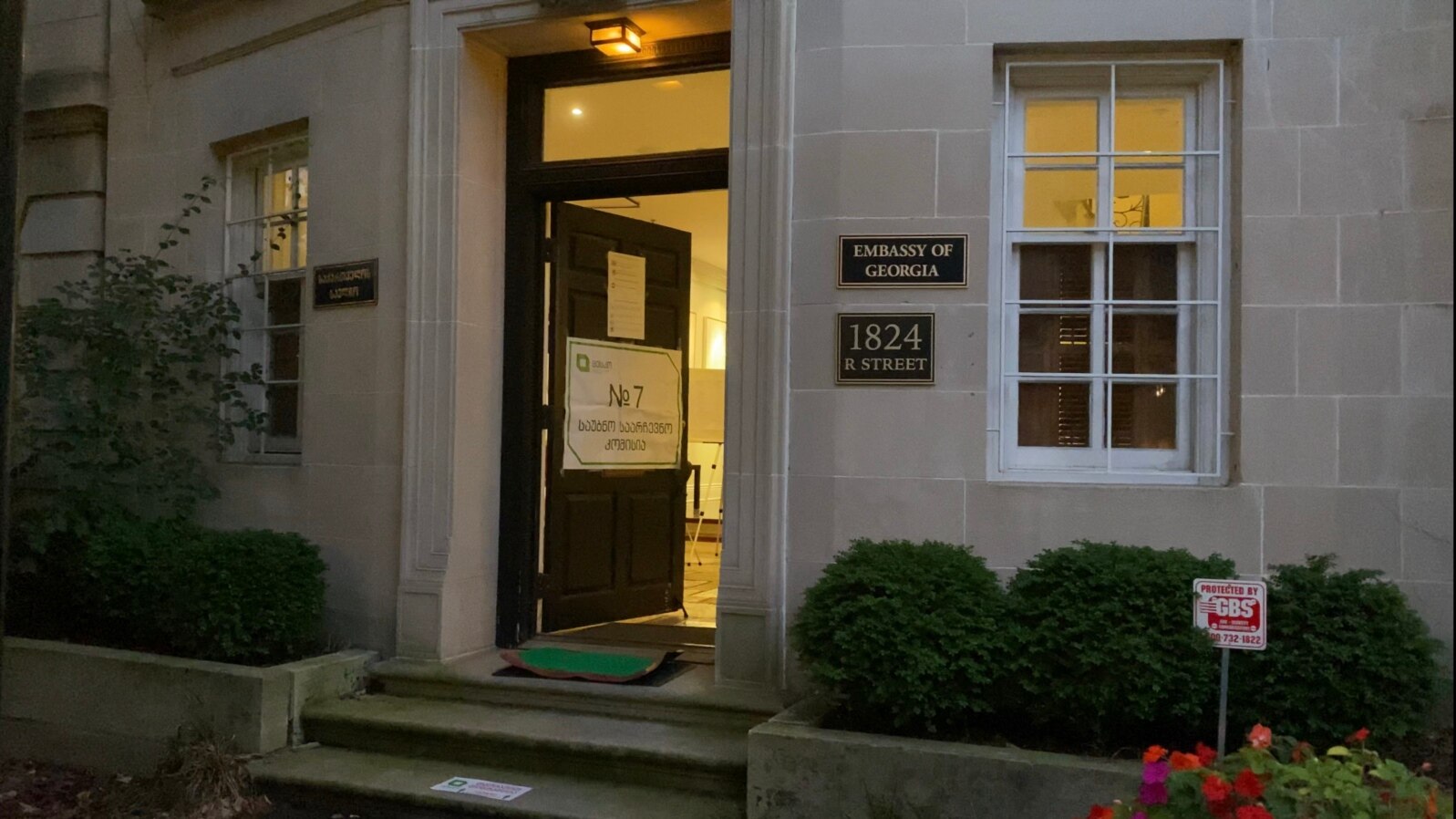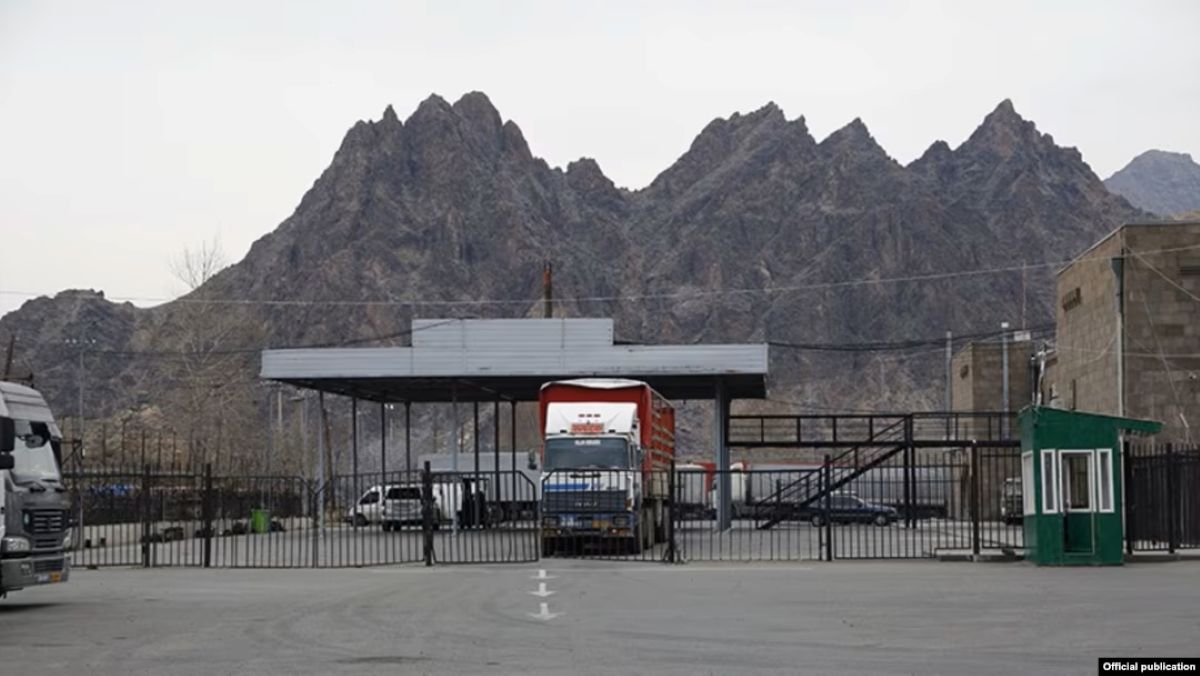Georgia's 2024 parliamentary elections: Figures, facts, and new rules
2024 Election in Georgia

On October 26, Georgia will hold its parliamentary elections under a fully proportional system for the first time. Ninety percent of voters are expected to cast their ballots electronically, allowing preliminary results to be announced sooner than in previous elections.
Over 3,000 polling stations will be open across the country and abroad.
New Parliament
In 2024, Georgia will elect its 11th parliament. Under the parliamentary system, the winning party will govern for the next four years.
However, there is a strong likelihood that Georgia will see its first coalition government instead of a single-party rule.
To enter parliament, a party must surpass a 5 percent electoral threshold.
Figures
According to the Central Election Commission, there are 3,508,294 registered voters for the elections on October 26.
A total of 84 electoral districts and 3,111 polling stations will be open, including those abroad, where 95,910 voters are registered.
Historically, about 60 percent of voters participate in Georgian elections. For example, turnout was 61% in 2012, 51.63% in 2016, and 56.7% in 2020. The highest recorded turnout was 74% in the 1992 elections.
Since 1990, Georgia has held a total of 35 elections in over 30 years, including 11 legislative elections and 7 presidential elections. The 2012 parliamentary elections were the first and, to date, the only ones that resulted in a change of government.
New Voting Rules
These elections will be the first in Georgia to utilize electronic voting technology, streamlining the electoral process.
Here’s how it will work:
The first step is registration. Upon arriving at the polling station, voters present their identification to the queue administrator. A special device is placed on their wrist to check if they have completed the marking procedure, after which they enter the voting area accompanied by a registrar. The registrar scans the voter’s ID through an electronic device to verify their information and confirm their presence on the voter list. After this, the voter undergoes the marking procedure.
Once their data is verified, the device prints a receipt, which the voter signs as proof of participation in the election. The receipt remains with the registrar and is placed in a secure, opaque box.
Only after this will the voter finally receive a ballot and a special envelope. With this kit, the voter enters a booth for private voting to cast their choice.
The Central Election Commission has prepared a video explaining this entire process in detail.
Once the choice is made, voters should flip their ballot face down and place it in the special framed envelope.
Instead of dropping this envelope into a ballot box as done in the past, it must be inserted into a dedicated vote-counting machine.
The Central Election Commission’s website features a game to help you practice the voting process.
Keep in mind that anyone claiming your choice is not secret and can be overheard is lying.
▆ Voting will be completely confidential; photography and video recording are prohibited in the booths, and the electronic devices present are not connected to the internet, making them immune to hacking or cyberattacks.
It will be impossible to trace back the ownership of any specific ballot.
Qualified observers will be present at polling stations to protect voter rights as needed.
Since electronic voting is new and being implemented for the first time, many may need time to understand the process, potentially leading to longer wait times at polling places.
Voters unable to visit the polling station on election day will have access to a “mobile ballot box” service, which will deliver a ballot to their home or another location.
Traditional Voting
A total of 394,547 voters will cast their ballots in the traditional way instead of electronically, as voting will take place in a traditional manner at stations with fewer than 300 registered voters. The same applies to polling stations abroad.
But can we say that results from electronic elections are harder or easier to falsify? Experts indicate that there is no additional risk of fraud with electronic voting, but it’s also incorrect to claim that these risks are reduced.
Methods of fraud such as “carousel voting,” “dead souls,” bribery, intimidation, and psychological pressure cannot be mitigated through electronic means.
Emigrant Voting
Polling stations abroad will open at 8:00 AM local time and close at 8:00 PM.
Polling stations will be open in 53 cities across 42 countries worldwide. A record 95,000 Georgian citizens living abroad have registered to participate in the elections. In the previous parliamentary elections in 2020, only 66,217 registered as overseas voters, with just 12,247 actually casting their ballots.
Recent presidential elections and a referendum in Moldova have demonstrated that diaspora votes can significantly influence final outcomes.
The current parliamentary elections are taking place amid extreme polarization. There is a clear divide between the opposition, which advocates for a pro-Western course, and the ruling party, Georgian Dream, which has recently adopted a distinctly pro-Russian stance.
Observers
A total of 102 local and 64 international organizations, as well as 98 media outlets, have registered with the Central Election Commission to monitor the elections.
Additionally, a new civic campaign initiated by non-governmental organizations has emerged, enlisting volunteers from various professions, ages, and interests, who have undergone special training to observe the election process alongside experienced monitoring missions.
Vote Counting and Results Announcement
Preliminary election results are expected to be announced about two hours after polling stations close, around 10 PM.
The vote counting process will proceed as follows: after the stations close, an electronic device will automatically tally the ballots and summarize the data. However, ballots will also be counted manually. The final, official result will be determined based on the manual count.
2024 Election in Georgia




















